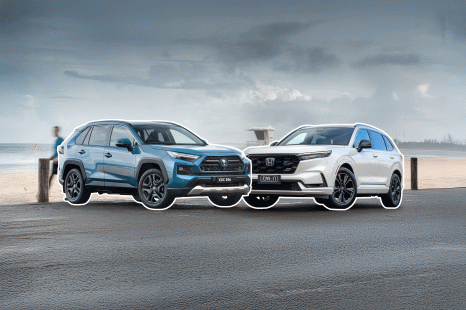

Andrew Maclean
Honda CR-V RS e:HEV vs Toyota RAV4 Edge Hybrid: Spec battle
5 Days Ago
Victoria is alone in trying to tax electric vehicles, but has also committed to subsidising lower-cost electric car purchases.

Contributor
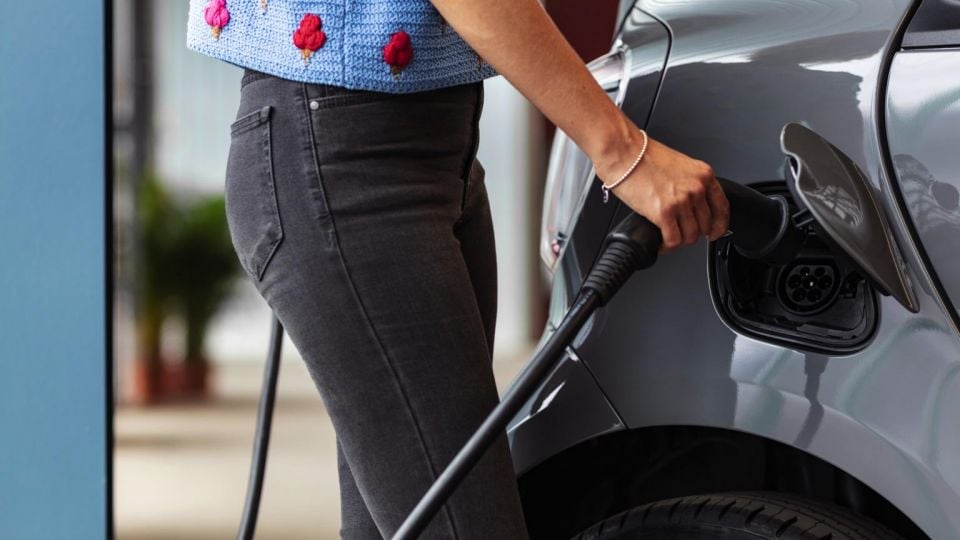

Contributor
Victoria will push to make 50 per cent of its new car sales electric or hydrogen by 2030.
The state’s Labor Government has also announced $3000 subsidies for new electric car purchases as part of a $100 million package to cut emissions by 2030.
The subsidy only applies to electric cars priced below $69,000.
Victoria’s fleet of government vehicles will be gradually made electric, with $10 million set aside to buy 400 zero-emissions cars by 2023.
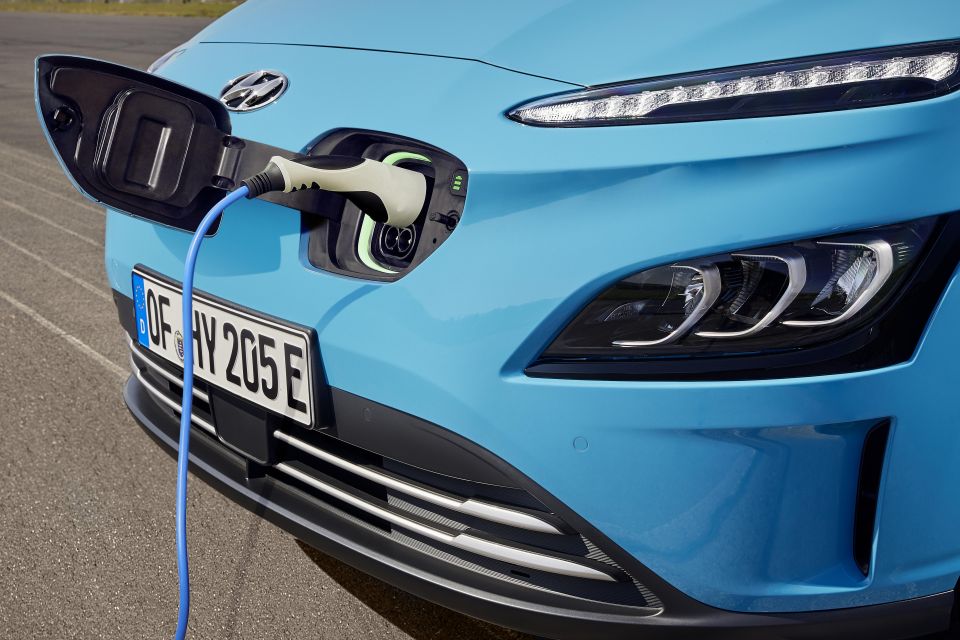
At least 50 charge points will be added to Victoria’s charge network on the back of a $19 million investment. A focus will be placed on major highways and tourist attractions for the new chargers.
Victoria hasn’t reneged on its plans to introduce a world-first electric vehicle tax, despite the new incentives.
The tax of 2.5 cents per kilometre for pure electric vehicles and 2.0 cents per kilometre for plug-in hybrid vehicles was announced by the Victorian Treasurer ahead of the 2020 state budget, and will come into force in July 2021.
An electric vehicle owner who travels 15,000km per year will be charged $375 on top of their annual registration fee, while plug-in hybrid owners will pay an extra $300 per year.
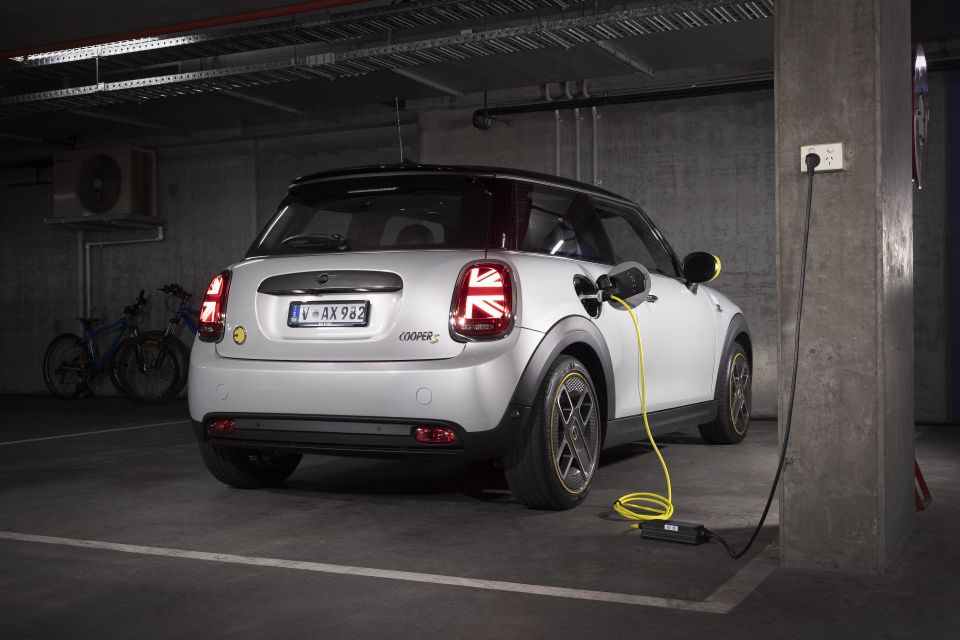
Although the estimated $30 million the tax will raise annually won’t be funnelled directly into electric vehicle infrastructure, the Treasurer said $45 million will be set aside in the budget to boost take-up of hybrid, plug-in hybrid, and electric vehicles.
Chairman of the Electric Vehicle Council of Australia, Behyad Jafari, described Victoria’s tax as a “shameful abdication of Victoria’s intention to reduce emissions”.
The Federal Chamber of Automotive Industries (FCAI), peak body for carmakers in Australia, says Victoria’s decision to incentivise electric cars at purchase then tax them on the road is questionable.
“The incentives package for electric vehicles is consistent with actions being taken by governments across the world,” said FCAI chief, Tony Weber.
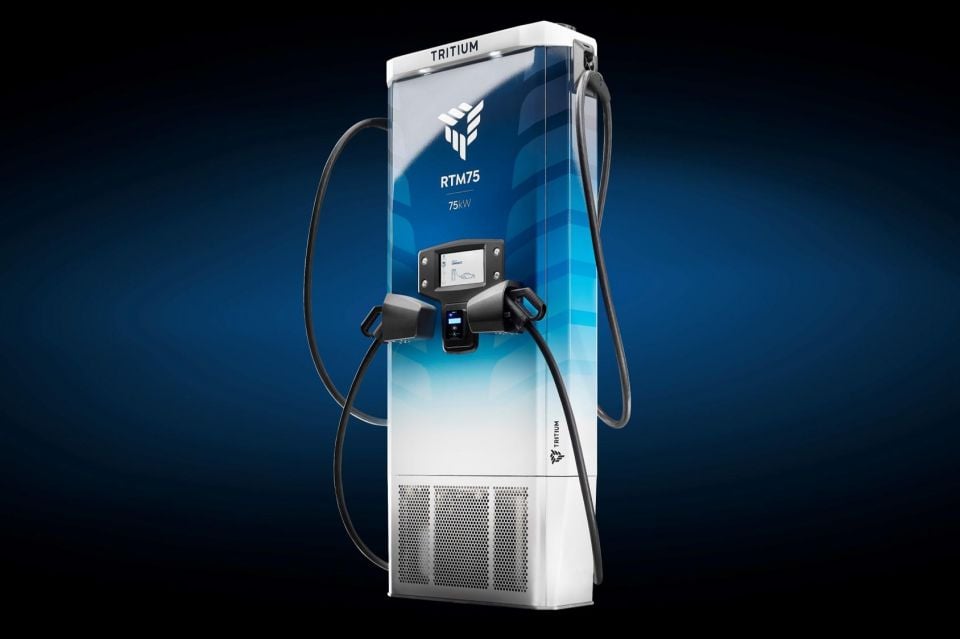
“However, it does bring into question the decision of the Victorian Government to also introduce legislation that targets a road user charge on electric and plug-in hybrid vehicles.
“Road user charging decisions should not be based around specific technologies and particularly those that are in their relative infancy in the Australian market.
“An efficient road user charging scheme can address all vehicle users regardless of the type of vehicle they drive, how often it is driven and the purpose of the travel,” Mr Weber said.
The road tax was recently slammed by a collection of carmakers and industry bodies.
Victoria’s electric car subsidies follow in the footsteps of the ACT, which in 2020 announced plans to make 100 per cent of new vehicle sales electric or hydrogen by 2030.
Scott Collie is an automotive journalist based in Melbourne, Australia. Scott studied journalism at RMIT University and, after a lifelong obsession with everything automotive, started covering the car industry shortly afterwards. He has a passion for travel, and is an avid Melbourne Demons supporter.


Andrew Maclean
5 Days Ago
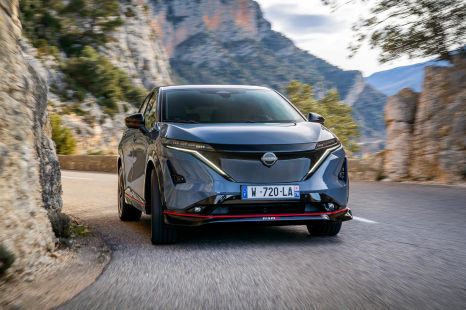

Shane O'Donoghue
5 Days Ago


Anthony Crawford
4 Days Ago


Matt Campbell
3 Days Ago


James Wong
2 Days Ago
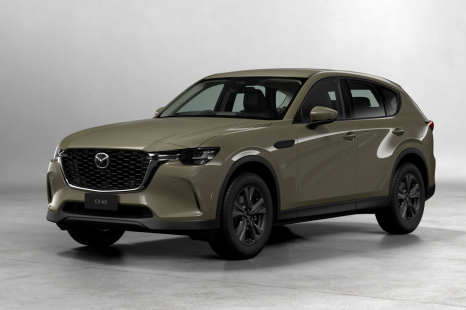

James Wong
4 Hours Ago